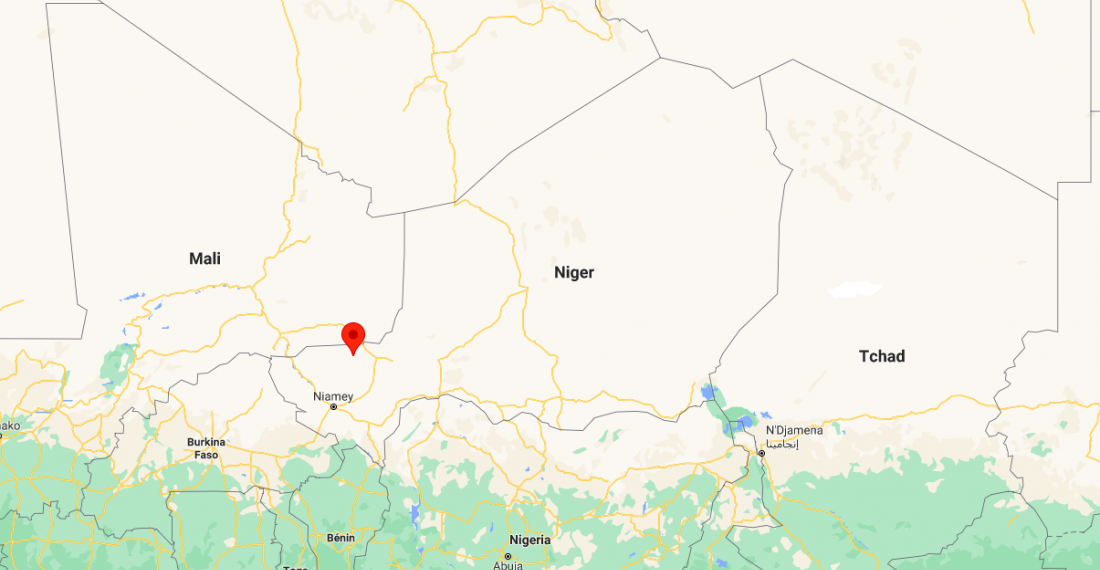At least 37 civilians were killed in a presumed terrorist attack in the western village of Darey-Daye in Niger, on Monday (16 August). The village had already been targeted by terrorists in March, causing the death of 66 villagers on their way home from the weekly market of the neighbouring town, Bani Bangou. Darey-Daye is located near the country's border with Mali, in the area known as the “three borders” between Niger, Burkina Faso and Mali, where jihadist violence is recurrent.
According to a report from the international NGO Human Rights Watch (HRW) on Wednesday (11 August), as many as 420 civilians were killed by Islamist armed groups in western Niger since January 2021. With the offensive on Darey-Daye, the death toll amounts to over 450 civilians. Additionally, HRW says their attacks have displaced tens of thousands of people in the region since the beginning of the year.
"The attack took place in Darey-Daye around 3 p.m." local time on Monday "by armed men on motorbikes" who shot "at people cultivating their fields," a local elected official told Agence France-Presse (AFP), specifying that "the toll is heavy: there were 37 dead, including four women and thirteen minors". Four women were also injured.
A local journalist confirmed the attack, which he described "as very bloody": "They found the victims in their field and they shot at anything that moved."
For several years now, despite the considerable efforts from the state to try to secure the area, groups linked to Al-Qaida and the Islamic State (IS) organisation regularly conduct bloody attacks against civilians and soldiers in the region.







